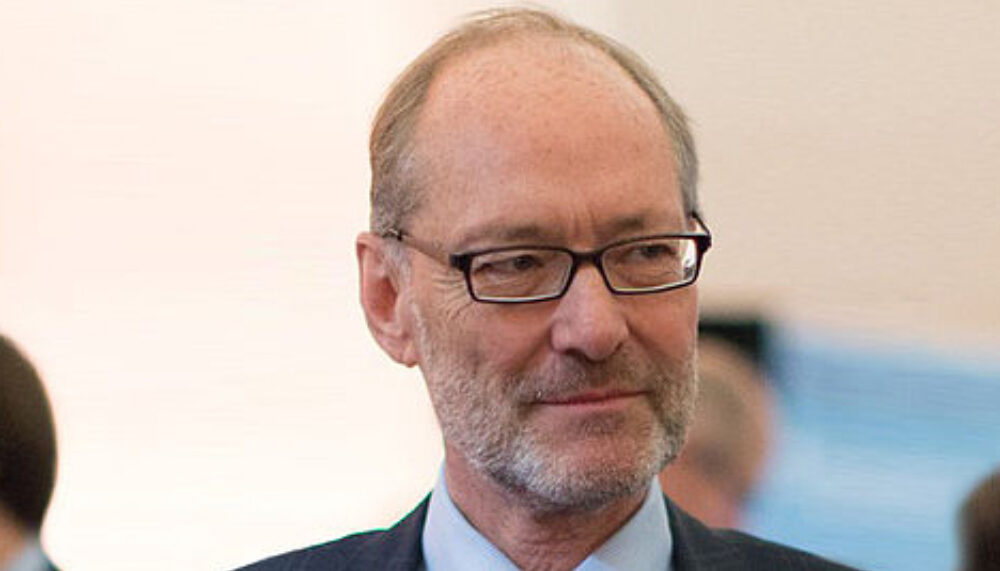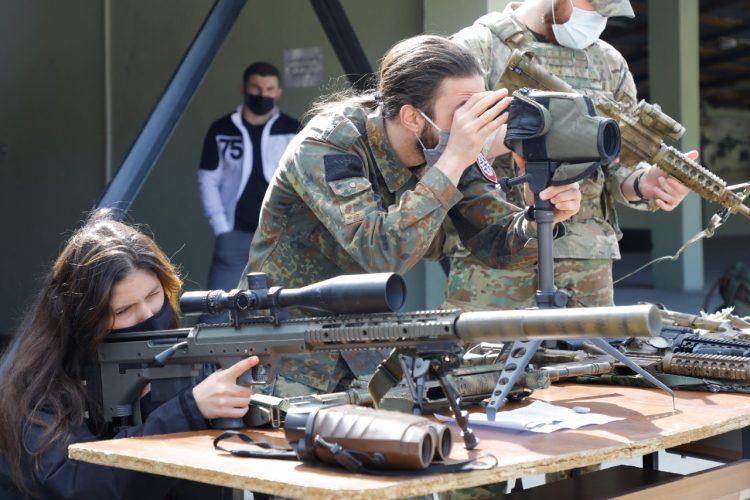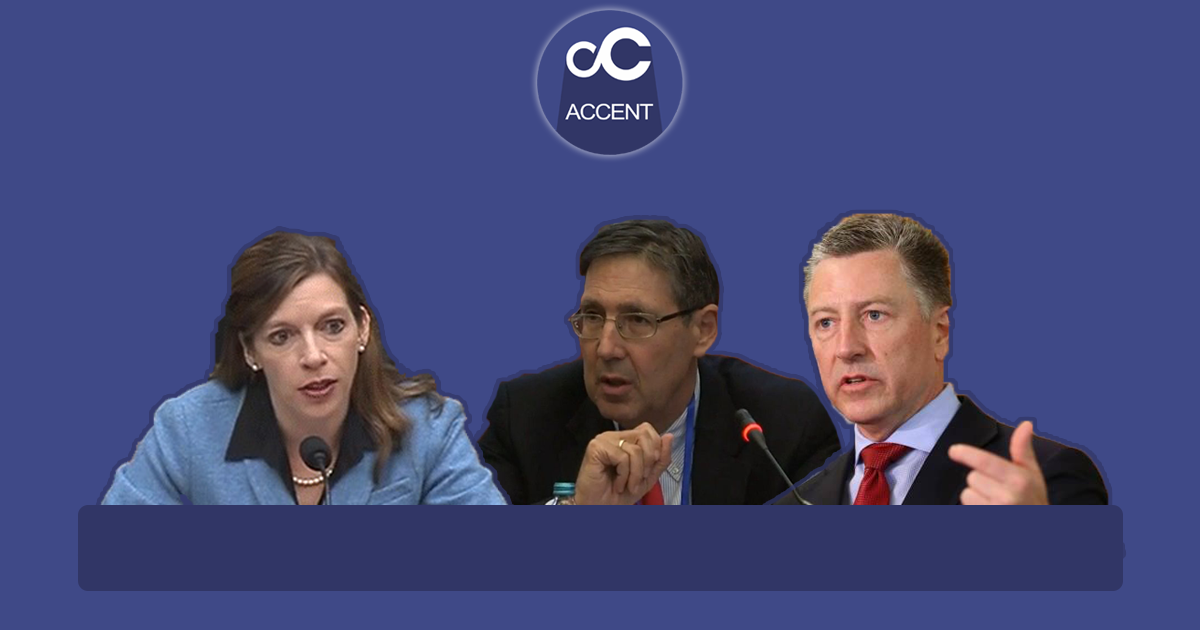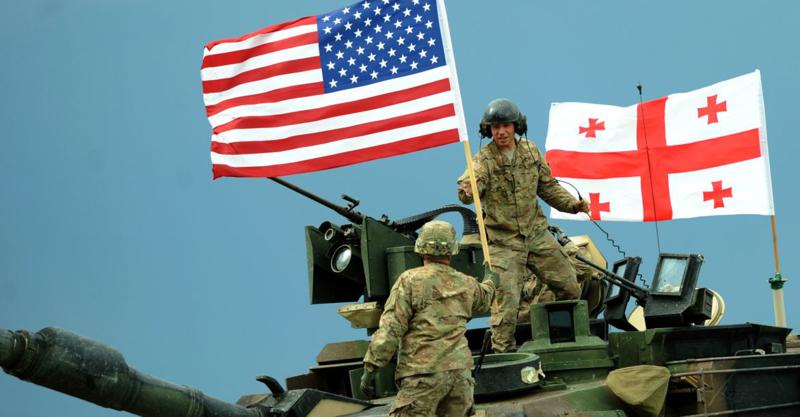
NATO Training Center - What mechanism of cooperation is under consideration by the Alliance and Georgia after Afghanistan?
28/07/2021 06:20:53 Analysis
After the end of the international mission in Afghanistan arose the question: "how NATO-Georgia future relations should continue in the same direction?". It turns out that the topic is also being discussed in Georgia and the Alliance. In particular, it became known for the Accent from various sources that several proposals are under consideration and one of the mechanisms is Georgia’s offer to serve as a training center for NATO forces.
Officials have not yet commented on this issue, but on June 10 NATO Deputy Assistant Secretary General for Political Affairs and Security Policy and NATO Secretary General’s Special Representative for Caucasus and Central Asia, Mr. James Appathurai's said in an interview with the Accent that “NATO will want to retain the high level of interoperability after the completion of NATO’s mission in Afghanistan.”
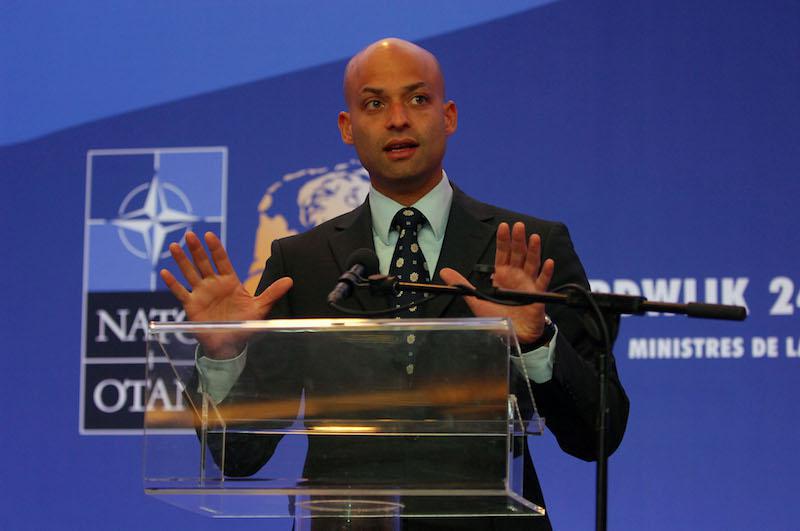
“Georgia’s contribution to the Alliance’s efforts has also resulted in a higher degree of interoperability between the armed forces of various Allies and the defence forces of Georgia. We will want to build on the experience gained and retain the high level of interoperability after the completion of NATO’s mission in Afghanistan. Georgia is one of NATO’s very few Enhanced Opportunities Partners, which opens up a range of tools to help us keep working together. And I am confident we will find ways to ensure that Georgia remains one of NATO’s principal operational partners.” Appathurai said.
Former commander of the U.S. Army in Europe, now the Pershing Chair in Strategic Studies at the Center for European Policy Analysis (CEPA), Ben Hodges told the Accent that "NATO should take up Georgia’s offer.

“Georgia could provide an excellent training center for NATO and other European partners. There are good live fire and maneuver spaces, excellent mountain training areas and good opportunities for amphibious training. There could build a training center on the model of the U.S. army’s joint multinational readiness center at Hohenfles, Germany,” Hodges told the Accent.
Georgian soldiers’ possible involvement in NATO Enhanced Forward Presence Battle Group Poland and Individual opportunities
According to Hodges, NATO should invite Georgia to provide an infantry company to join the U.S.-led Enhanced Forward Presence Battle Group Poland:
“This would ensure a continuous rotation of Georgian solders and young leaders, who are trained to the highest levels of readiness and accustomed to working alongside NATO countries”.
He said that there are also individual opportunities for Georgian officers:
“There are also individual opportunities where Georgian officers could serve in various NATO Headquarters across Europe. A good start would be the multinational corps-southeast in Sibiu, Romania. These would insure that Georgia has officers with experience in joint, multinational operations. Finally this would ensure Georgia has plenty of officers who are already trained and accustomed to working within NATO for the day when the country is finally a member of the Alliance.”
As Hodges stated, Georgia can also employ its excellent coast guard capabilities in contribution to various international maritime operations.
“Georgia has demonstrated for years that it has high-quality officers and soldiers. they would be an asset in any NATO Headquarter or Organization or other UN or European Union operations,” he added.
On July 17 a professor of Eurasian Studies at the U.S. Army War College, currently assigned as an advisor to the Ministry of Defense of Georgia, Robert E. Hamilton and the director of The Heritage Foundation’s Allison Center for Foreign Policy Studies, . Luke Coffey issued a joint article, in which they spoke about five proposals on how Georgia can continue to contribute to regional and global security. They also focus on the role of the United States in working with NATO on Georgia.
Why the United States needs to work with NATO on Georgia?
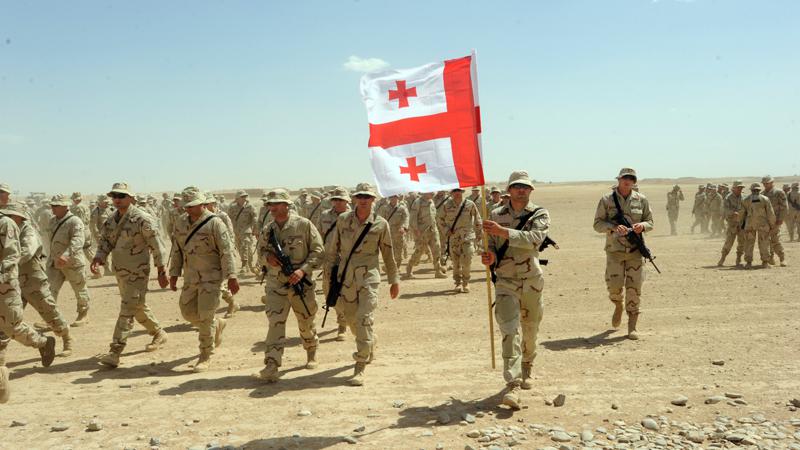
According to Hamilton and Coffey, “Tbilisi knows that its NATO membership is largely a political question now: it has already met or exceeded the military conditions required of previous post-Cold War applicants. Georgian leaders also understand that being in operations with NATO is critical to staying on the Alliance’s radar.”
“In Tbilisi’s view, deploying forces to NATO operations is necessary but not sufficient for membership: doing so does not guarantee an invitation to join, but failing to do so almost guarantees one will never come. Georgia also values highly the special relationship the U.S. and Georgian militaries have developed over their long history of training and fighting together.
Georgia is in a dangerous neighborhood, and Russia poses a constant threat. Nevertheless, Georgia has been able to implement serious defense reforms and continues to participate in security operations at a rate much higher than that of many NATO members. This is why the United States needs to work with NATO to ensure Georgia stays on track to membership and continues to improve the capabilities of its Defense Forces,” Hamilton and Coffey said in the joint article.







